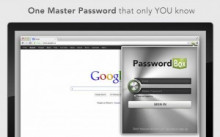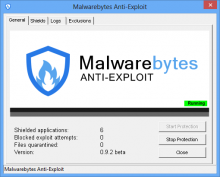Canadian password security firm, PasswordBox, is bursting out of the gate today, coming out of private beta to hit the mainstream market. The company is hoping its mostly free, multi-device password management system will catch on with consumers beyond the 500,000 that have been using the service while it was in stealth development.
The CEO of the company, which was founded last year and has offices in San Francisco and Montreal, is Daniel Robichaud, a serial entrepreneur whose last venture, StreamTheWorld, was acquired by Triton Digital in 2009 for about $46 million.
via https://news.hitb.org/content/too-many-passwords-one-startup-looks-solve-problem




